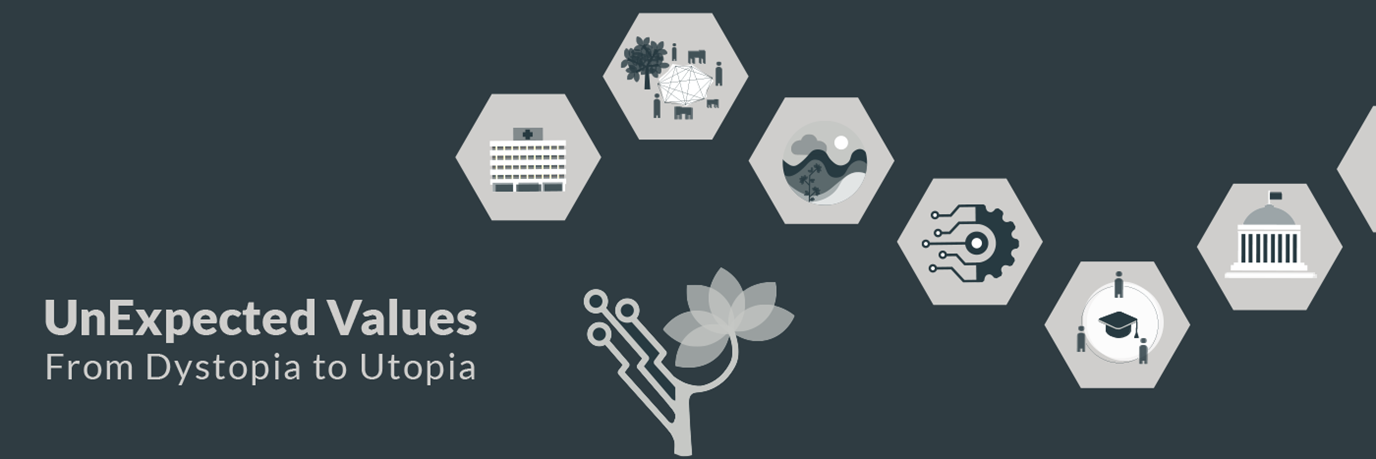Citizen: Whose story gets told?

Context:
You live in a city far from indigenous territories. You have just learned about IndioEduca, an online repository where indigenous people share their own culture, history, and knowledge in their own voices. You could start sharing this content in your community to challenge stereotypes and enrich local education — but that might mean confronting resistance from schools and neighbours who are used to mainstream, Western-based materials.
Dilemma:
A) Actively promote and use IndioEduca resources.
B) Stick to the official, widely accepted materials.
Story behind the dilemma:
In Brazil, Indigenous culture and knowledge have long been absent from educational materials, despite a 2008 law mandating their inclusion. Most available resources are produced by urban publishers from a Western perspective. To address this gap, the NGO Thydêwá launched IndioEduca in 2011, creating a repository of educational content authored by Indigenous people from over 10 ethnic groups, often in their native languages.
The project leader aligned the initiative with Open Educational Resources (OER) principles, ensuring content could be freely shared while respecting Indigenous authorship. With support from OER-Brazil, the team adopted Creative Commons licensing, emphasizing ICT’s role in preserving traditional knowledge and bridging cultural divides.
The repository includes materials on history, rituals, politics, arts, and more, developed by Indigenous university students and educators. Unlike conventional resources, the website reflects Indigenous perspectives in its structure and content. Over 200 stories have been contributed, and teachers are encouraged to share adapted lessons. Funded by international donors and Brazil’s Ministry of Culture, IndioEduca empowers Indigenous communities to shape their own educational narratives while promoting open access and cultural preservation.

